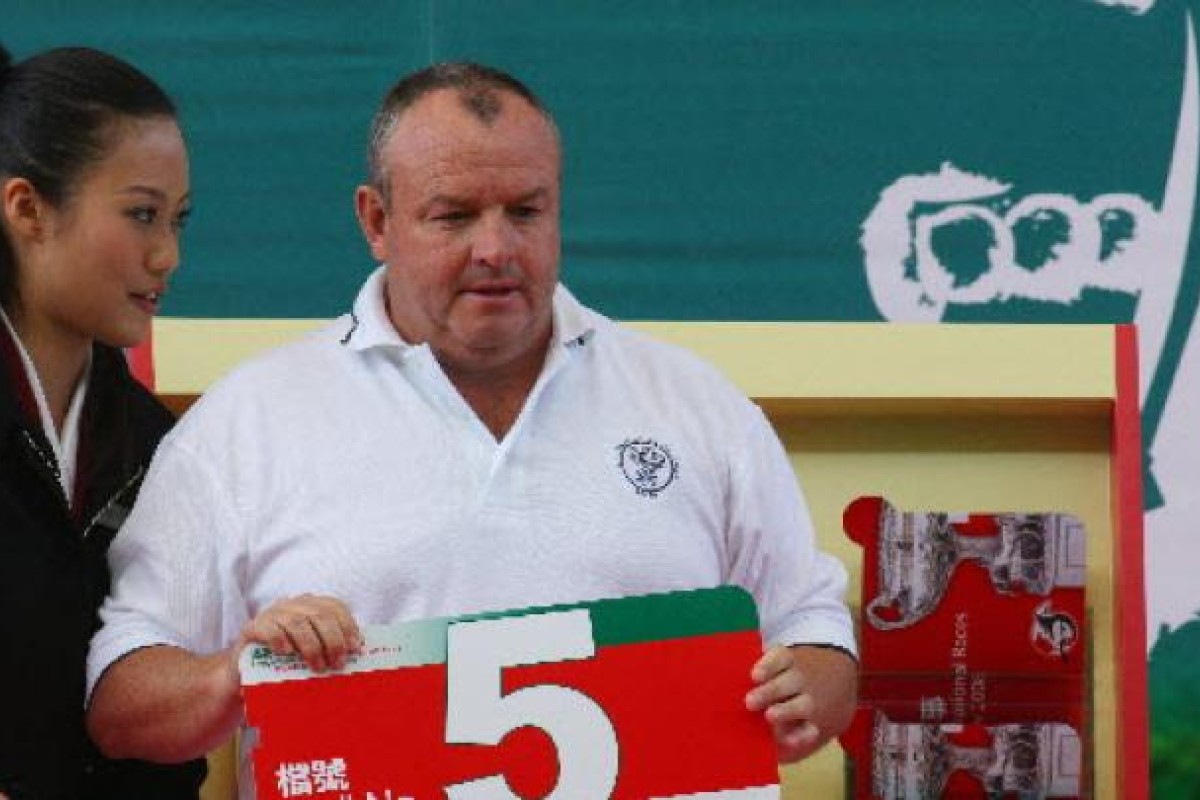South African Douglas Whyte and a host of the champion jockey’s countrymen have had an indelible influence on race riding around the world, and trainer Mike de Kock is well respected for his international Group One raids. But extreme quarantine protocols make it a minor miracle that the rainbow nation’s horses have had any overseas success, let alone established themselves as feared raiders.
South African owners, trainers and breeders are sweating on a key European Union decision in May that could loosen the constrictive current requirements for those wishing to compete on foreign shores.
For a horse to leave South Africa, planning has to begin nearly 12 months ahead of a race. In a sport involving powerful but fragile athletes, where the cliché: “We’re just taking it one day at a time”, actually means something - a year can seem like a lifetime, and represents a proportionality large piece of a young breeding prospect’s career.
Given the procedural hoops his horses have to jump through and frequent flier miles they log to even get to the Middle East, it’s a credit to de Kock that he has won a host of features at the Dubai World Cup carnival.
First a South African horse needs to spend 60 days in the Western Cape District’s designated disease-free zone, plus an extra 14 days at Kenilworth racetrack, before a three-month stint in the rudimentary stabling facilities in Mauritius. That’s touching on six months, more than half of it spent in a limited training centre.
Variety Club is a stallion some are saying is one of the best milers South Africa has seen, and at the behest of owners, trainer Joey Ramsden skipped the country’s most prestigious race on Sunday – the J&B Met, in order to take on the world.
The target isn’t until November - the Breeders’ Cup Mile at Santa Anita - but in order to get there Variety Club will be forced into a 60-day isolation period in New York – that’s after the aforementioned home leg of the quarantine. And when we say lock down, it’s exactly what we mean - no coming out of his box. No walking and no companions. Ramsden is working on being able to have a treadmill installed in the box for the horse to build a vital fitness base for his planned preparation.
African Horse Sickness is a deadly equine disease and the reason the rules are so strict. It’s only spread by insects that exist in Africa, but it is understandable that racing jurisdictions don’t want anything to do with it.
But South African scientists claim a reliable test for the condition has been found, and all that is required now is for the EU to approve it and bring the country into line with a more reasonable set of protocols. Horses would be subjected to a similar set of requirements that a horse from Australia would have.
According to some of South Africa’s leading breeders; there hasn’t been much help for their cause from outsiders - and why would there be in a sport where self-interest rules? The strong and self-sufficient South African breeding industry simply represents southern hemisphere competition to Australia and New Zealand, so the power brokers are unlikely to be rushing to assist.
When JJ The Jet Plane won the 2010 Hong Kong Sprint, he’d been on a year-long journey befitting his name. And when de Kock won a Group Two at Meydan during the week with The Apache, the horse was first up for nearly a year and having his first run for the trainer.
So imagine what de Kock and his compatriots could do on a more even playing field? We could be about to find out in the next few years.

















